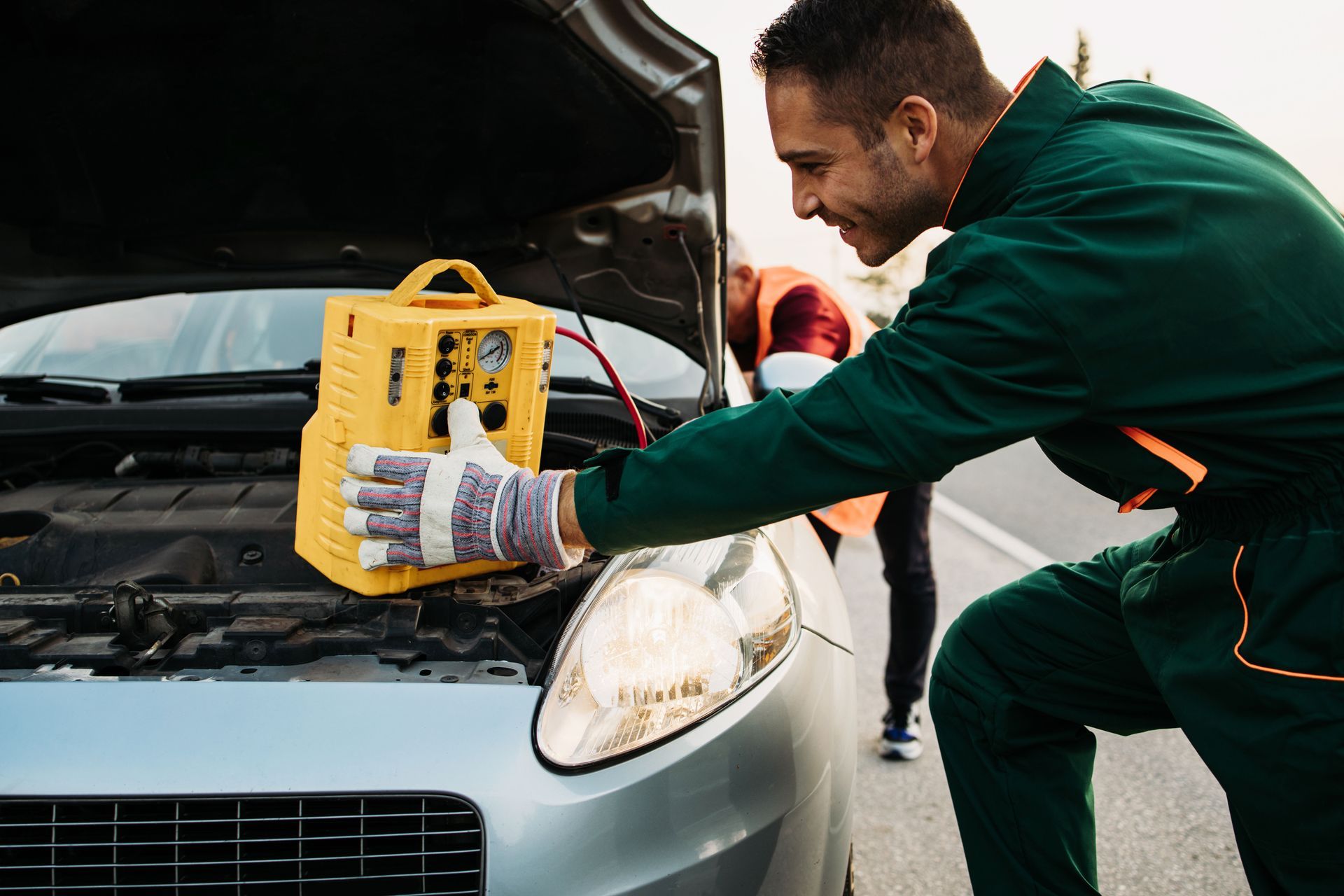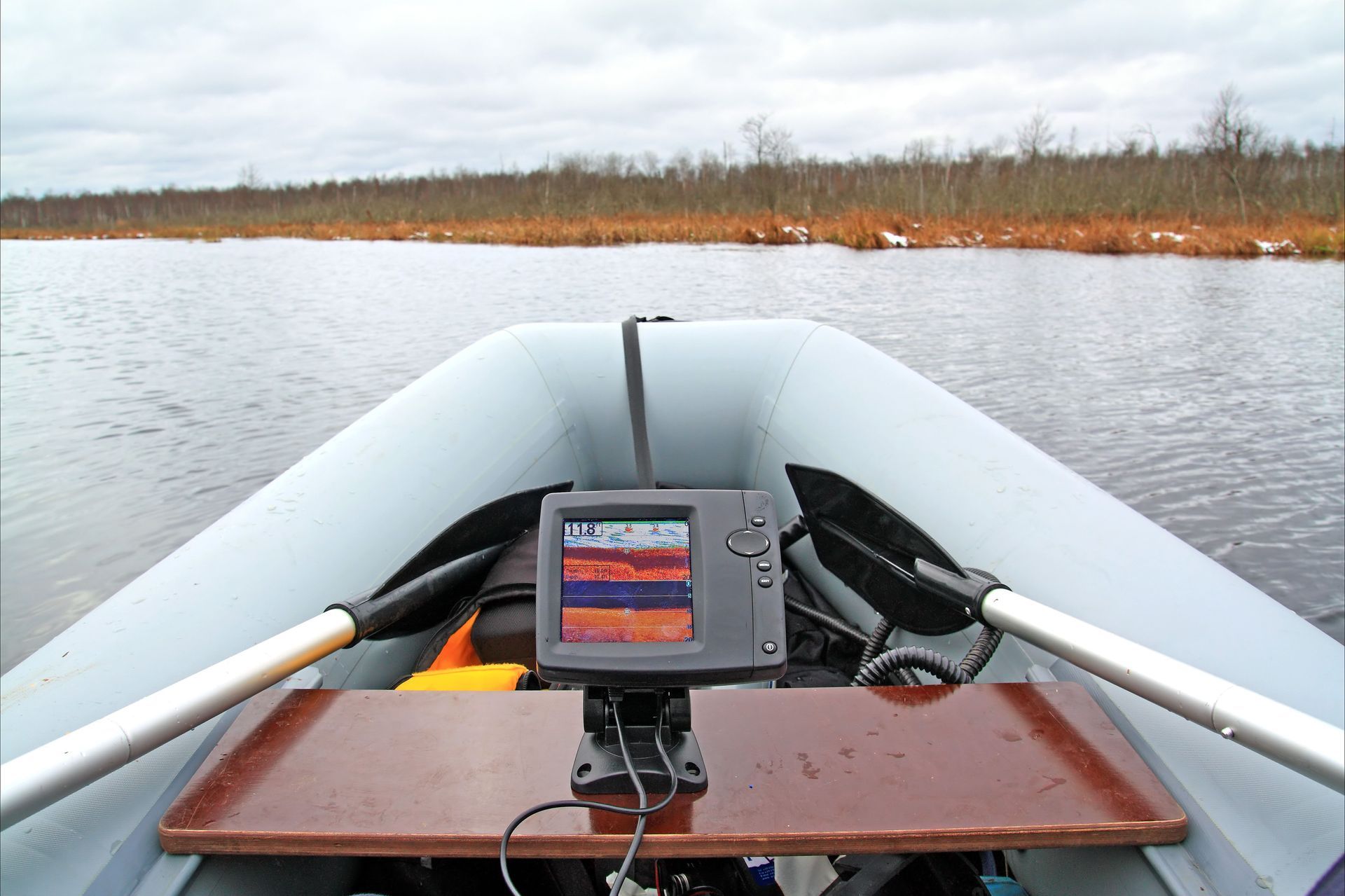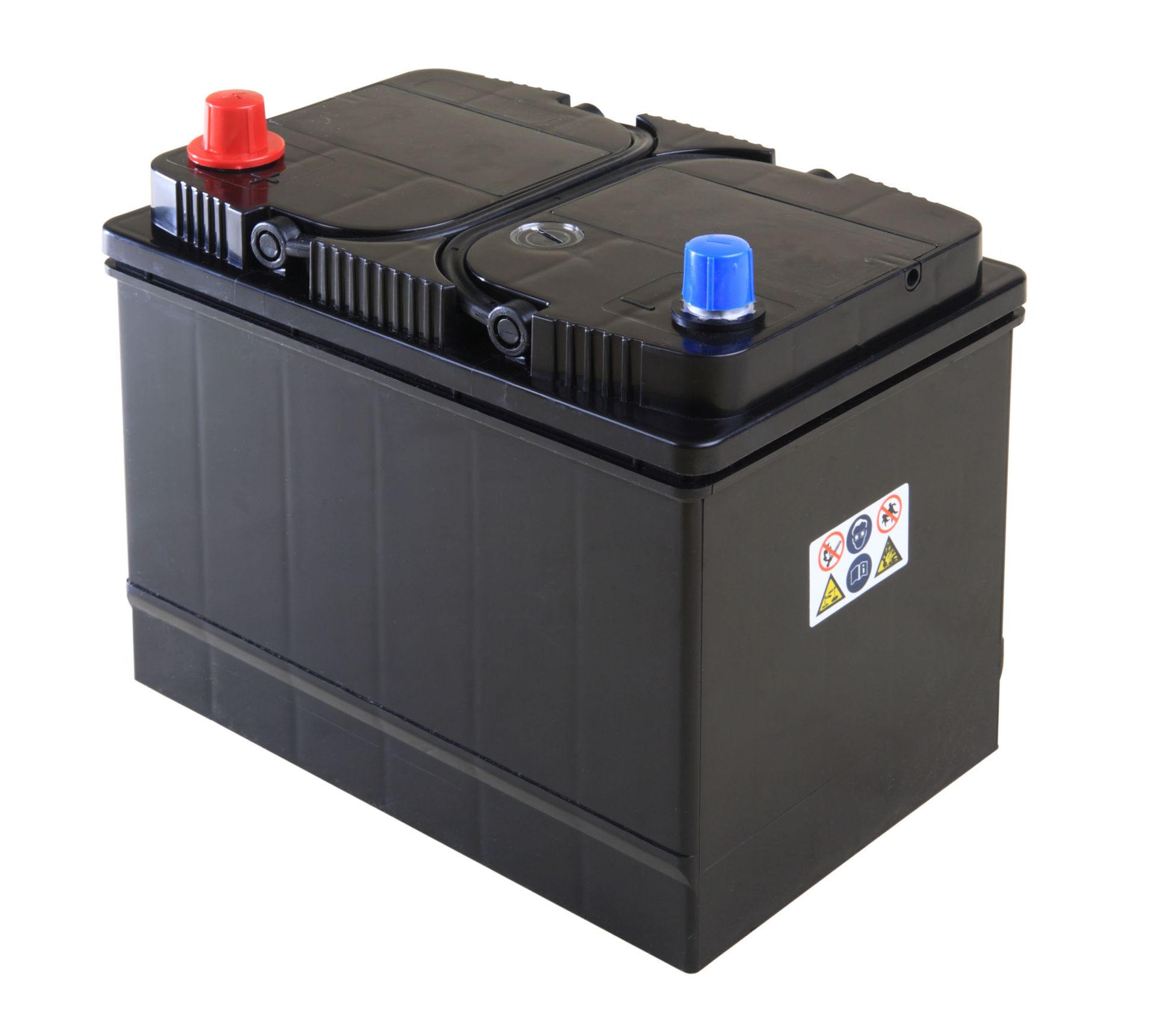What Type of Battery Does My Vehicle Need?
Highlights:
- Vehicle batteries vary by size, power, and design-each suited to specific makes and models.
- Choosing the right battery ensures reliable starts and longer lifespan for your car.
- Climate, driving habits, and electrical demands affect battery selection.
- AGM and flooded lead-acid batteries are the most common types for vehicles today.
- Jefferson Battery Co Inc in Jefferson, LA provides expert testing and battery recommendations for all vehicle types.
Understanding Vehicle Battery Basics
Every vehicle relies on its battery to power ignition, lighting, and onboard electronics, so choosing one with the correct cold-cranking amps (CCA), voltage, and group size is crucial to avoid poor performance or premature failure. Most cars use lead-acid SLI (Starting, Lighting, Ignition) batteries. According to a U.S. Department of Energy, lead-acid batteries operate via a reversible chemical reaction in which lead dioxide and lead electrodes react with sulfuric acid to produce electrical energy for the starter and accessories.
When replacing your battery, it's important to match or exceed your manufacturer's recommendations. Modern vehicles often include advanced systems-such as start-stop technology, infotainment centers, and numerous sensors-that require consistent electrical output. A properly chosen battery prevents voltage dips that could trigger warning lights or damage sensitive electronics. At Jefferson Battery Co Inc in Jefferson, LA, technicians can check your vehicle's specifications and suggest batteries that deliver dependable performance for local driving conditions.
Frequently Asked Questions
Can I use a higher-capacity battery than my car originally came with?
Yes, as long as it fits the same group size and voltage range. It can improve reliability in extreme temperatures.
Are all car batteries the same size?
No. Batteries come in different "group sizes" based on vehicle make, model, and space within the battery tray.
How long does a typical car battery last?
Most last three to five years, depending on climate, maintenance, and driving patterns.
Different Battery Chemistries Explained
The two main types of automotive batteries are flooded (conventional) lead-acid and AGM (Absorbent Glass Mat). Flooded batteries use liquid electrolyte freely bathing the plates, while AGM batteries trap the electrolyte in glass fiber mats, making them spill-proof and more vibration resistant. According to the Battery Council International (BCI), AGM batteries use a glass mat separator that absorbs and retains the electrolyte so there is no free liquid to leak-thus mitigating spill risk and enabling the design's sealed, maintenance-free behavior.
Some vehicles, especially hybrids or electric models, use lithium-ion batteries for propulsion. However, these are separate from the 12-volt starter battery that operates accessories. For most passenger vehicles, choosing between a standard flooded or AGM battery is sufficient. High-performance or off-road vehicles may benefit from AGM due to its durability and fast recovery after deep discharges. Your local technician can test your charging system and recommend which battery chemistry aligns with your car's power requirements.
Environmental conditions also influence the right battery type. In hotter climates, traditional flooded batteries may evaporate water faster, requiring periodic maintenance. AGM units resist heat damage better but come at a higher cost. In colder climates, higher cold-cranking amps (CCA) ratings are essential to ensure your engine turns over reliably. Drivers in regions like Jefferson, LA, where humidity and heat are common, often benefit from maintenance-free batteries that withstand high-temperature operation.
Frequently Asked Questions
What's the difference between AGM and flooded batteries?
AGM batteries are sealed, vibration-resistant, and handle deep cycles better. Flooded batteries are cheaper but require more maintenance.
Can I replace my flooded battery with an AGM one?
Yes, in most cases. However, your charging system must be compatible to avoid overcharging or damage.
Do hybrid or electric cars use the same kind of battery?
No. They use high-voltage lithium-ion packs for propulsion, but they may still include a small 12-volt auxiliary battery.
Battery Group Sizes and Fitment
Battery "group size" is a standardized classification that defines a battery's physical dimensions, terminal placement, and mounting style to ensure proper fit and connection in vehicles. Each car manufacturer recommends a specific group size to match the vehicle's battery tray, cable routing, and electrical demands. According to NAPA Canada, batteries within the same group share identical length, width, height, and terminal positioning-so choosing an incorrect group can lead to misfit, vibration issues, or poor electrical contact.
The group number (such as 24F, 35, or 65) can be found in your owner's manual or printed on your current battery's label. Larger vehicles like trucks or SUVs typically require bigger batteries with higher reserve capacities. Smaller sedans or compact cars often use lightweight versions optimized for efficiency. For specialized vehicles such as boats, RVs, or motorcycles, dedicated deep-cycle or marine batteries are required for sustained power output. Consulting with professionals ensures you get the best match for performance and longevity.
Stores like Jefferson Battery Co Inc maintain databases linking make and model to the right group size and capacity. By referencing manufacturer charts, technicians can provide precise fits for domestic and import vehicles alike. Choosing an incorrect group size may lead to improper terminal alignment or insufficient power output during extreme temperatures. A properly sized, high-quality battery ensures consistent performance, efficient charging, and reliable cold-weather starts.
Frequently Asked Questions
How can I find my battery's group size?
Check your owner's manual or the sticker on your old battery. Stores also maintain compatibility databases.
Can I use a physically larger battery if it fits the tray?
Only if it matches the same voltage and terminal layout; otherwise, you risk shorting or cable stress.
Do trucks and SUVs need special batteries?
Yes. They often require higher-capacity batteries with increased reserve power and vibration resistance.
Professional Testing and Replacement
A professional battery test provides voltage, capacity, and overall health readings. It identifies early warning signs of failure, helping you replace the battery before it dies unexpectedly. Most modern testers simulate a cold-cranking load to verify whether your battery can deliver adequate power under stress. Technicians can also check alternator output to confirm your charging system is functioning properly. Replacing a battery without verifying the system could lead to repeated failures or electrical faults.
Many auto parts retailers and dedicated battery specialists, such as Jefferson Battery Co Inc in Jefferson, LA, offer free testing and installation. These services ensure the battery meets your car's specific needs and that terminals are clean, tight, and corrosion-free. A new battery installed correctly will deliver maximum life and reliability. After installation, it's good practice to drive the vehicle for at least 20 minutes to allow the alternator to fully recharge the system.
When shopping for a new battery, prioritize reputable brands and ensure warranties are honored by local retailers. Compare specifications like cold-cranking amps (CCA), reserve capacity, and terminal configuration. Maintain your battery by checking for corrosion and keeping terminals clean. A properly chosen and well-maintained battery provides reliable starts, stable electrical performance, and peace of mind during every trip. With expert guidance from Jefferson Battery Co Inc, drivers in Jefferson, LA can always count on the right power source for their vehicle.
Battery Recycling and Environmental Responsibility
Proper disposal of vehicle batteries is critical for protecting both the environment and community safety. Lead-acid batteries, which power most vehicles, contain hazardous materials that can contaminate soil and water if not recycled correctly. More than 99% of lead from used batteries is recovered and reused, making them one of the most successfully recycled consumer products in the country. This high recovery rate is possible through industry-supported recycling programs that separate lead, acid, and plastic components for reuse in new batteries or other products.










Share On: